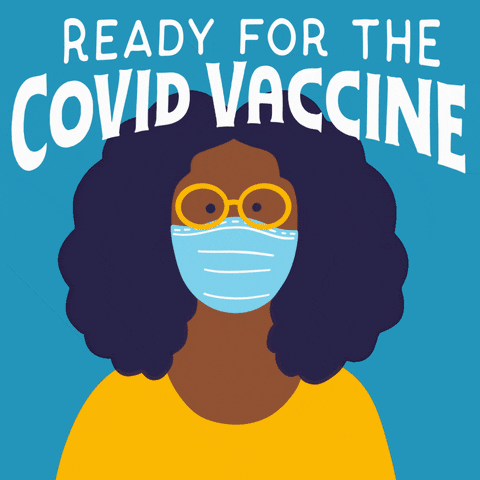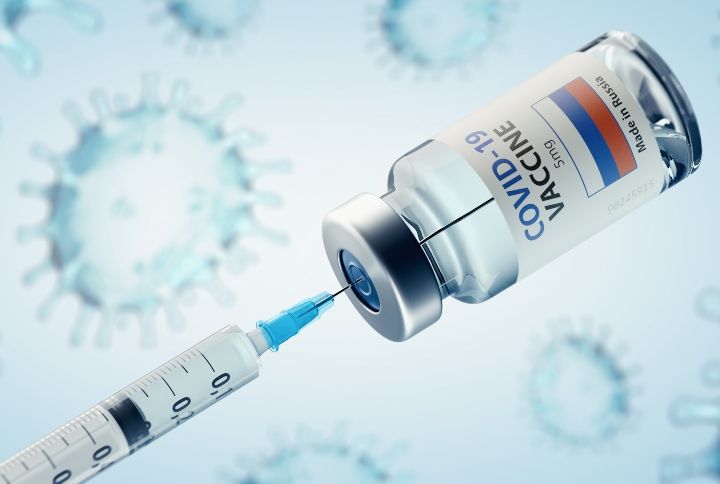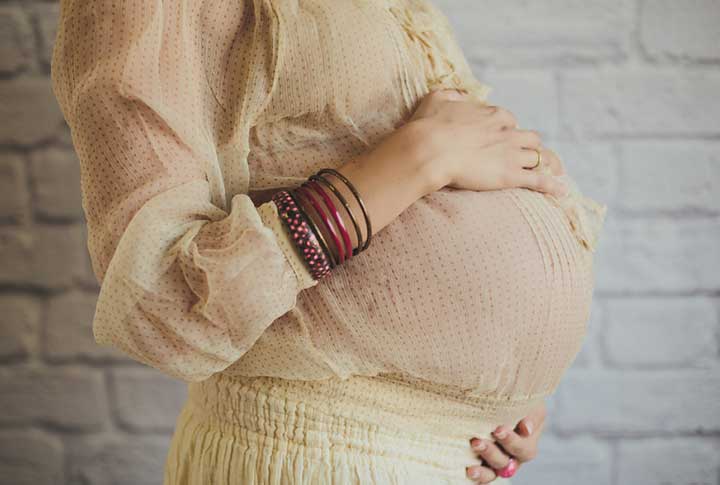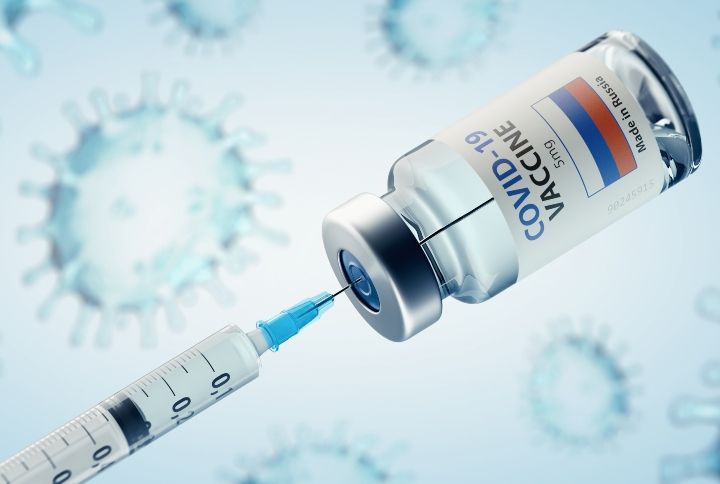
With the third phase of the COVID-19 vaccinations beginning today in the country, it’s important to separate the misinformation related to the vaccine from the facts. So, we reached out to Dr Lancelot Pinto, Consultant Pulmonologist at PD Hinduja Hospital, and asked him to answer some of the most frequently asked questions about the COVID-19 vaccine. Scroll down to read all that Dr Pinto shared!
Q. How do I get a vaccine?
India has been gradually easing the criteria for vaccination in phases. It was initially (from January 16th onwards) offered to healthcare and frontline workers, and most individuals vaccinated as part of this drive have now received both their doses. Then (from March 1st onwards) it was offered to those above 60 years of age, and those above 45 years who met high-risk criteria. From April 1st onwards, this will now be expanded to include anyone above the age of 45 years (those born before January 1, 1977). To get vaccinated, one needs to register here or on the Arogya Setu app. On-spot registration is also available at the vaccination centre. You need to carry proof of your identity, and acceptable documents are mentioned on the website.

Q. How many doses do I need to get?
Both the vaccines presently approved in India need two doses for optimal efficacy: 4-6 weeks apart for Covaxin, and 4-8 weeks apart for Covishield.
Q. When will the vaccine be available to me?
If you are under 45 and do not meet certain high-risk criteria (available on page 10 here), you will have to wait till the government announces the inclusion of individuals who fall in this category. From April 1st onwards, anyone above the age of 45 will be eligible.
Q. Can I choose which COVID-19 vaccine I get?
You may choose to refuse the vaccine being offered to you, as vaccination is voluntary, but you may not be able to choose a vaccine of your choice unless the centre offering the vaccine is offering it and has it in stock.
Q. What are the most common side-effects after getting a COVID-19 vaccine?
Most individuals experience adverse effects of the vaccine for a day or two. Symptoms lasting beyond that are relatively rare. The most common symptom is soreness at the site of vaccination, which is true for most individuals. Fever, body ache, lethargy or malaise are also common symptoms. For most individuals, no treatment is needed at all post-vaccination, and the symptoms, if present, are mild, and resolve with time. Those who have fever or body ache are advised to take paracetamol (only if needed, and not as a routine).

Q. How long does protection from a COVID-19 vaccine last?
As the vaccine hasn’t been around long enough, we can’t know this with certainty. However, most experts do believe that the immunity offered by the vaccine should last at least 6-8 months, and possibly longer.
Q. If I’ve had COVID-19 and recovered, do I still need to get a COVID-19 vaccine?
The immunity conferred by infection with SARS-CoV-2 tends to be highly varied based on conventional measures (antibody responses vary widely and do not always correlate with the severity of disease). It is also not known how long such immunity lasts. Vaccines tend to produce a more robust and predictable response, and it is therefore recommended that even if you have had COVID-19 disease, you should get vaccinated.
Q. If I have an underlying condition, can I get a COVID-19 vaccine?
Most underlying chronic medical diseases put individuals at a higher risk of having moderate to severe COVID disease in the event that they get infected, and such individuals, therefore, need protection the most. One needs to weigh this against the possible risks of vaccination, but more often than not, the potential benefits will outweigh the risks. This is why if you do have underlying chronic medical conditions, you should receive the vaccine as soon as feasible.
Q. If I’m pregnant, can I get a COVID-19 vaccine?
The vaccines that are presently being offered have not been tested in pregnant women, and are therefore not recommended for use in pregnant women.

Q. Can I get vaccinated if I’m currently sick with COVID-19?
No, you should not. Not only can you potentially spread the virus at the vaccination centre, putting others at risk, but it could also make the management of your disease more challenging, as one would have to differentiate vaccine-associated adverse reactions from disease-associated symptoms, and these tend to be indistinguishable. Besides, getting vaccinated once sick with COVID-19 does not appear to offer any protection for the ongoing illness.
What would you like to know about the COVID-19 vaccine? Please share it with us in the comments below!
Join Girl Tribe By MissMalini on Facebook to be a part of more such conversations!

